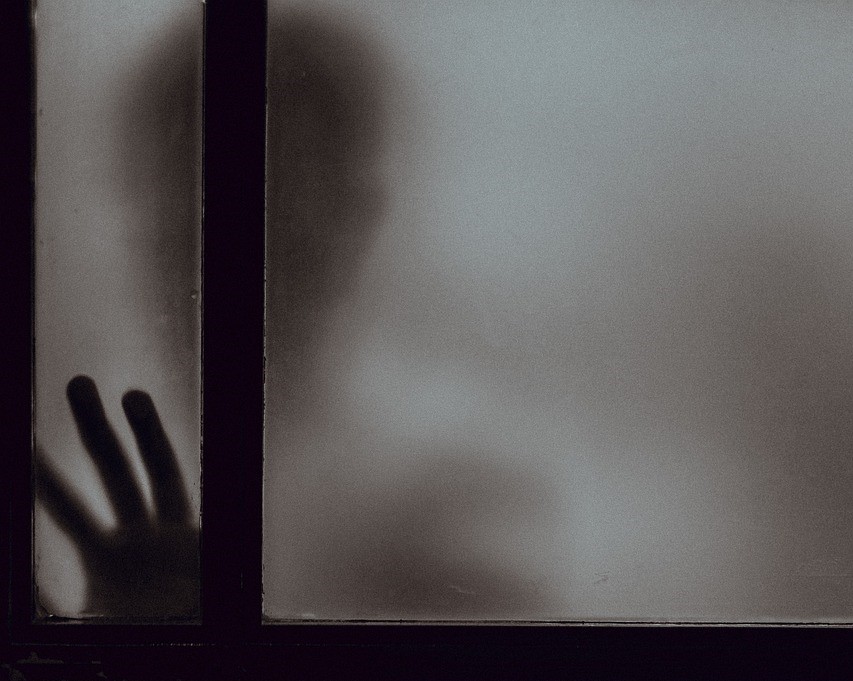
On 16 February 2024, the Home Office made changes to the domestic abuse concession. A grant of leave under this concession is very important as it helps people who have experienced domestic abuse with temporary stability and access to public funds.
This short blog will explain what the changes mean and who will be affected by it.
What is domestic abuse?
Domestic abuse is defined by the Home Office as:
Any incident or pattern of incidents of controlling coercive or threatening behaviour, violence or abuse between those aged 16 or over who are or have been intimate partners or family members regardless of gender or sexuality.
Domestic abuse can affect anyone, of any gender, but it is more likely to affect women. Migrant women are more vulnerable to domestic abuse. Some migrant women will be dependant on their abuser for their immigration status – for example if they are on a spousal or partner visa. Research shows that having insecure immigration status is used as a tool of domestic abuse.
What was the old domestic abuse concession?
If you fled a family home after experiencing domestic abuse, and your permission to stay is based on that of your abusive partner or family member, you can apply for the Domestic Abuse Concession. If this is successful you will be able to access public funds (benefits and homelessness support). This is a short-term form of leave. For many people, this is the first step towards permission to stay in their own right.
If your relationship broke down as a result of domestic abuse, and your permission to stay in the UK was dependant on your partner’s status, you would need support to stay in the UK separately from your partner.
Someone in this position could apply for the old Destitute Domestic Violence Concession (DDVC). This concession granted a person 3 months’ leave with access to public funds, housing and benefits while they submitted an indefinite leave to remain (ILR) application.
What is the newly updated domestic abuse concession?
The new concession has been named Migrant Victims of Domestic Abuse Concession (MVDAC), and it replaces the DDVC. It is now no longer necessary to be destitute to make an application. Being destitute means if you are unable to afford basic essentials such as food, shelter, heating, and sanitation.
Everyone who was eligible under the DDVC can still apply under the new rule, but new groups have been added.
The MVDAC expands the eligibility to include people who have experienced domestic abuse as a partner of someone on a work, student or graduate visa, and their dependants. For a full list, see an article by Free Movement article here.
This means that people in this position will be able to receive benefits and limited leave to remain for 3 months. If your application is successful, you will need to make a separate application for benefits/housing support.
However, the huge change is that this new group of people (people who had leave as a partner of someone on a work, student or graduate route) will not be able to apply for settlement under the Domestic Violence Indefinite Leave to Remain (DVILR) rule.
What does this mean?
This new change effectively separates the concession which grants 3 months leave from the settlement application. This has been described as creating a ‘cliff edge’ for people in this new group at the end of the 3 months.
It is now even more important that people get legal advice if considering making a concession application. This is because this concession application is an immigration application which changes a person’s immigration status.
How to make an application
The application form has been updated, and you can see it here.
There is also new guidance to accompany the form, which you can see here.
Where can you find out more?
The Organisation Rights of Women provides advice on immigration law relating to domestic abuse. If you have questions, you can access free legal advice by calling 020 7490 7689 on Mondays and Thursdays, 10am-12pm and 2-4pm.
If you are a professional you can access free second tier legal advice on 020 8138 8028 open fortnightly on Fridays, 10am – 12pm.



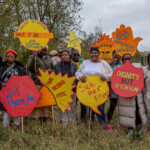
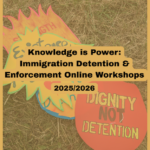
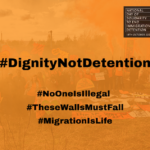





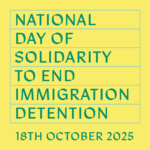
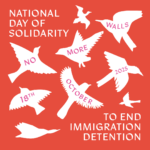
Discussion: